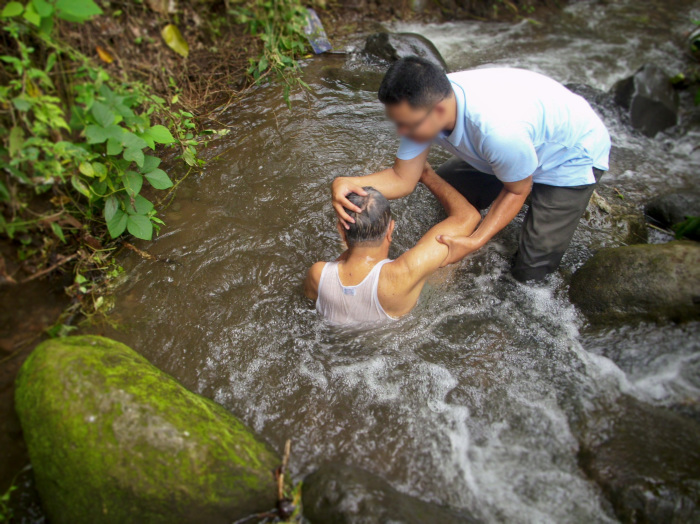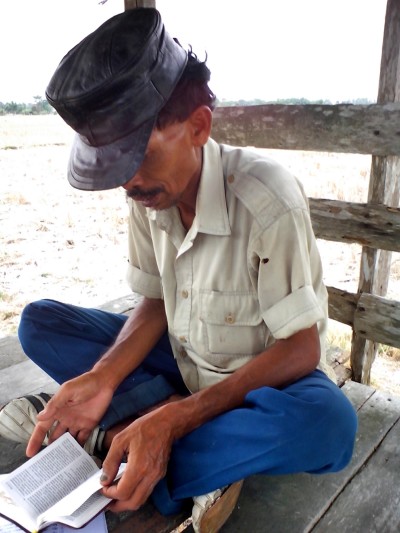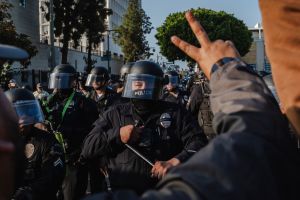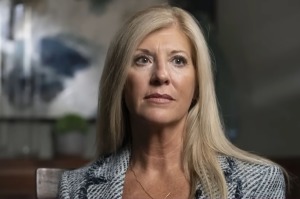'Finishing the task': Misconceptions about Christian missions to the unreached

How do missionaries prepare to reach the unreached?
In many cases, the local, regional and foreign missionaries are highly trained and educated.
As for the missionaries that are local to that region, they tend to at least know the local trade language used by the target unreached people group or tribe, according to Eshleman.
The amount and type of training missionaries receive can vary depending on the requirements of their sending organization.
“I think that a national missionary is going to be more effective than the foreign worker but with a very big caveat. That is if they are trained first,” Kirkas contended. “An untrained national is not going to be any better off than a foreign missionary. In fact, they might be worse.”
Kirkas said that many of the local missionaries they partner with attend about four years of theological education at a partner school.
Following graduation, Partners International will help by collaborating with the local church planting team and provide them with further mission-specific training that will prepare them to make contact and establish trust with unengaged people groups.
“Really what makes many people be successful in the field is not so much Bible knowledge but really has more to do with ministry skills,” Kirkas stressed. “That is why we have focused our capacity and experience to train people in the skills they need to do the work, not just the knowledge they need to do the work.”

When missionary church planters go to non-Christian areas and villages, it's imperative for them to be able to answer a simple question of what they are doing there. This means that many of the missionaries must find some sort of employment or job to give them reason for being in those communities.
“You need to be able to have some sort of profession that you do. It may be that you are a school teacher or that you own a small business or you might rent a plot of land in the community and farm. You need to have some sort of access to communities,” Kirkas noted. “The Apostle Paul did that. He made tents. Tents were something that he could move from city to city based on his calling. It was also something that he could work at and make money. It was also something that he could not work at and it didn’t grow bad.”
The people groups can often be tribal communities with their own unique worldviews, rituals and customs.
According to Kirkas, it’s also important for missionary church planters to learn the worldview and social customs of the target community to get an understanding of their values and beliefs. He added that it's crucial to know how these people view things like time and space and how they organize their homes and communities.
“Without some basic paradigm, you can’t get into a situation with a people group that you are engaging and be able to understand their spiritual questions without understanding their worldview,” he elaborated. “If you don’t present the Gospel to answer their spiritual questions, then they are not going to be able to respond because they don’t feel that it is needed.”
Going into an indigenous tribal area can be different than evangelizing to non-tribal communities, Kirkas said. Missionary church planters are taught that they should not just show up right away and start preaching the Gospel to these tribal communities. Instead, missionaries should try and engage them on the edges of their community in ways that earn their trust. One method is to leave gifts for the tribal people.
“Let’s say they live along a river and you might be downstream from them. Maybe at the limit of where they tend to come, you might go and leave them things first,” he said. “So they see you leave something. As soon as that social exchange starts to take place, they might leave you something in return. You begin to make some gentle first contact with people because language isn’t necessarily something you can speak with them.”
“Now in the modern world, tribes that are similar have had engagement with the outside world and so there are some that might speak some overlap languages. Another strategy to employ is to try to find those people that have a closer language to engage them linguistically so that some communication can take place. It is really an unfolding relationship. It is not a matter of just parachuting into a tribe in the jungle [and saying] ‘Here I am! Believe in Jesus!’ It is a long drawn-out process that takes a lot of studying and learning and patience.”
As for the global mission agency SEND International, which works with about 500 missionaries worldwide and is active with 65 unreached people groups worldwide, its missionary church planters engage in ethnographic studies before they begin their evangelistic work to unreached communities in most cases.
Those studies are used to determine living conditions, how people work, customs and traditions, and family structures, among other factors.
These studies are often done in partnership with a national church that has invited SEND International to come alongside in the missionary effort.
“We go into an unreached area and we work to understand the people and we do observation and ask questions and we understand the needs of the community and their values before we just start going in an engaging in our work,” SEND International U.S. Director Michelle Atwell told CP.
“It could be done over a short period of time or a long period of time. We will go into an area for a couple of weeks and we have a series of questions that we ask and things that we are observing so that we can understand the culture.”
Church Missionary Society of Australia, which has over 200 workers in 70 countries that work with local and national church partners, requires all of its workers to have completed their theological studies before going to a five-month residential training course operated out of St. Andrews Hall in Melbourne, Australia.
“At our college, they do biblical anthropology, they do mission history and cultural history of the target people set they are going to be sent to,” Wei-Han Kuan, the CMS state director in Victoria, told CP. “They do cross-cultural engagement exercises. We live in a multi-cultural city like Melbourne. Everyone has to go out and attend a church in a language other than English to learn how to make cross-cultural friends and have safe conversations with cross-cultural friends. All that sort of training is [where] we have a huge focus.”
But even the missionaries that are being sent overseas to assist and aid local and regional ministries in their efforts are increasingly diverse.
“One of the [trends] in the mission world at the moment for the last couple of years really is that missions are now ‘from everywhere to everywhere’ and ‘by everyone to everyone.’ That is absolutely true,” Kuan stressed.
“The old school picture of a missionary being this white person who comes out of a North American or a European background and puts out their hand to be a career missionary and sails away on a slow boat to China or Africa never to return for decades, that is simply not true anymore. Brazil is rapidly becoming one of the world’s largest missionary sending countries. U.S. is still top of the list but Brazil is catching up pretty fast.”
Follow Samuel Smith on Twitter: @IamSamSmith
or Facebook: SamuelSmithCP




























